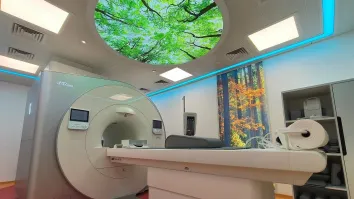
Pakistan's pharmaceutical sector faces hurdles despite economic zone plans
It is expected to grow at a slower rate compared to neighbouring South Asian markets.
Pakistan’s harsh operating environment will continue to burden its pharmaceutical sector despite the country’s plans to establish a Pharmaceutical Economic Zone to improve the market, BMI said.
The sector is forecasted to reach $1.9b by 2028 at a compound annual growth rate (CAGR) of 1.1% in US dollar terms, expecting slower expansion compared to neighbouring South Asian markets.
According to the report, the health ministry has announced plans for a Pharmaceutical Economic Zone with the China-Pakistan Economic Corridor (CPEC) and Special Investment Facilitation Council (SIFC) to attract foreign investment to the industry.
Whilst this offers a potential boost, the country’s industry relies heavily on imports, with a majority (90%) of medicines coming from abroad, highlighting the underdeveloped state of the sector.
Moreover, the country lacks the necessary infrastructure and trained workforce to establish a self-sufficient industry in the near to medium term.
Meanwhile, BMI said that despite the positive steps with the Economic Zone, extensive policy reforms remain crucial.
“Pakistan has yet to undertake extensive policy reforms to create a business environment conducive to the private sector and that stimulates innovation in a competitive market,” it added.



















 Advertise
Advertise







